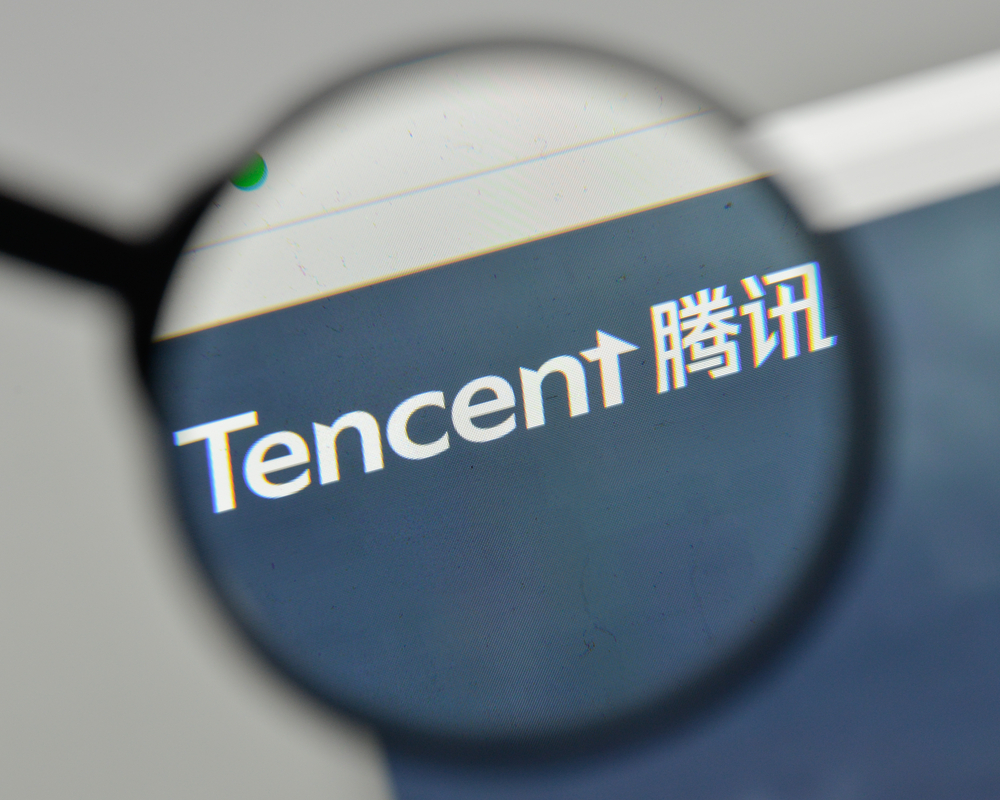Chinese social media giant Tencent Holdings stood trial in a Beijing court Monday in an antimonopoly suit accusing the operator of the hugely popular messaging app WeChat of abusing its market position.
The Beijing Intelligence Property Court did not immediately announce its ruling after the nearly 4-hour-long trial, but the plaintiff, Zhang Zhengxin, a lawyer, told the Nikkei Asian Review that he intended to appeal if the court found against him.
While acknowledging that his chances of winning were “slim,” partly because it’s so difficult to prove damages caused by Tencent’s alleged monopolistic behavior, Zhang said his goal was to “make a pioneering case.”
“I just hope that the Internet would one day become truly connected and users could access it hassle-free,” Zhang said. Tencent declined to comment, citing “pending litigation” as the reason.
The dispute between the Hong Kong-listed company and Zhang arose in April after Zhang tried to share links from two Tencent rivals — e-commerce site Taobao and short video app TikTok — via the WeChat messaging app.
Instead of being able to share the links with one click, Zhang said videos from TikTok could only be posted on WeChat after Zhang downloaded the videos to his phone and then uploaded them into the WeChat app.
Similarly, Zhang said he could not directly share links from Taobao.com, but had to copy and paste the links manually.
Zhang is demanding compensation of 20,500 yuan ($2,900) as well as a public apology from Tencent. He also wants the company to stop restricting links from its rivals.
While observers await judgment, the trial has still shed light on the rising legal risks facing China’s internet giants.
Last month, China’s State Administration for Market Regulation called in more than 20 e-commerce platforms to a meeting in Hangzhou and urged them to stop a practice that requires merchants to sign exclusive cooperation agreements in a bid to prevent them from selling products on rival sites, according to state-owned Xinhua News Agency.
Such practices have already led to a lawsuit against New York-listed Alibaba Group Holding, with Nasdaq-listed rival JD.com, China’s second-largest e-commerce operator, accusing its larger rival of violating competition rules.
Meanwhile, Tencent has also been locked in a bitter legal battle with TikTok owner ByteDance, after Tencent last year blocked the direct playback of TikTok videos on WeChat. Zhang Yiming, the founder and CEO of ByteDance, publicly accused Tencent of unfairly diminishing market competition.
Although anti-monopolistic lawsuits filed by individuals in China are relatively rare, experts say the trend is expected to escalate in coming years.
“With Chinese consumers getting more and more familiar with monopolistic behaviors, the number of anti-competition lawsuits would only increase,” said one lawyer in Beijing who spoke on the condition of anonymity as she is not authorized to speak to the media.
“That growing awareness will put Chinese internet companies at greater risk,” she said.
This article first appeared on Nikkei Asian Review. It’s republished here as part of 36Kr’s ongoing partnership with Nikkei. 36Kr is KrASIA’s parent company.
